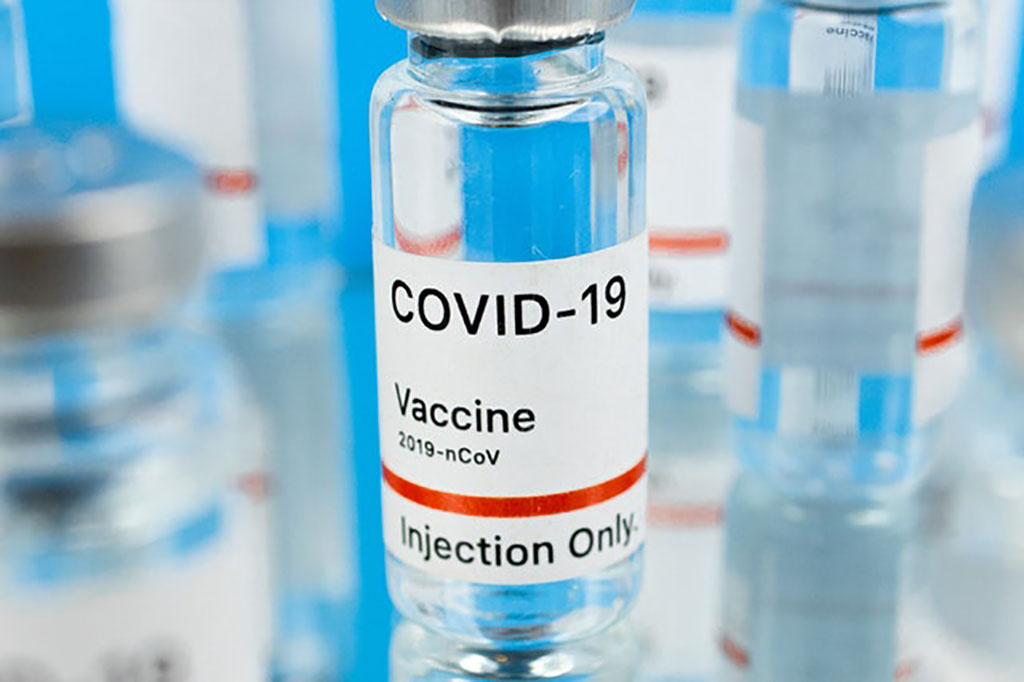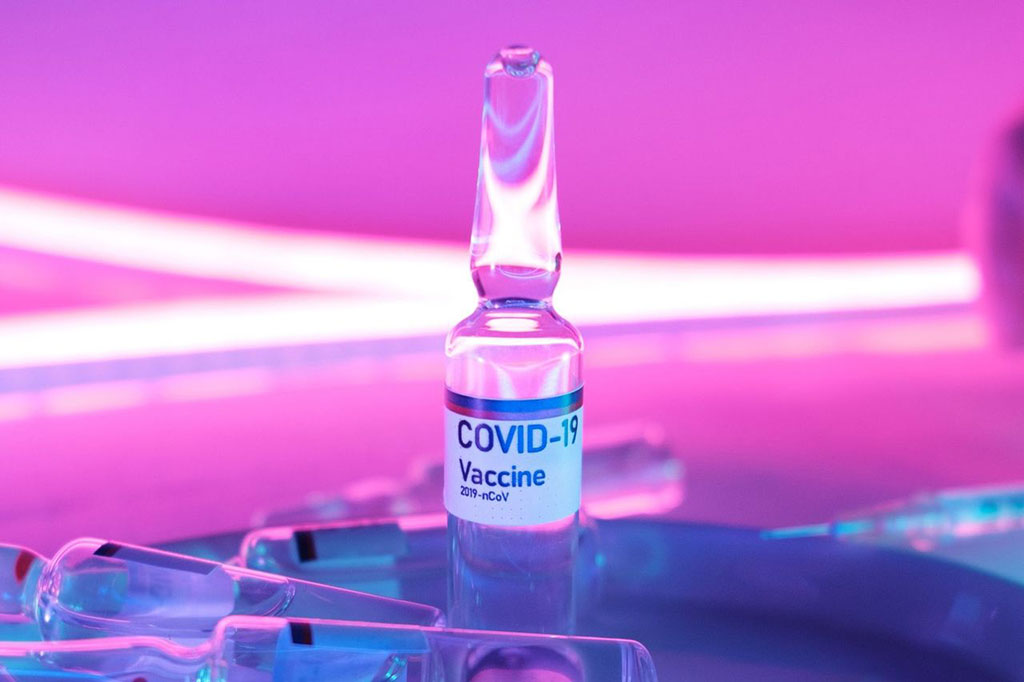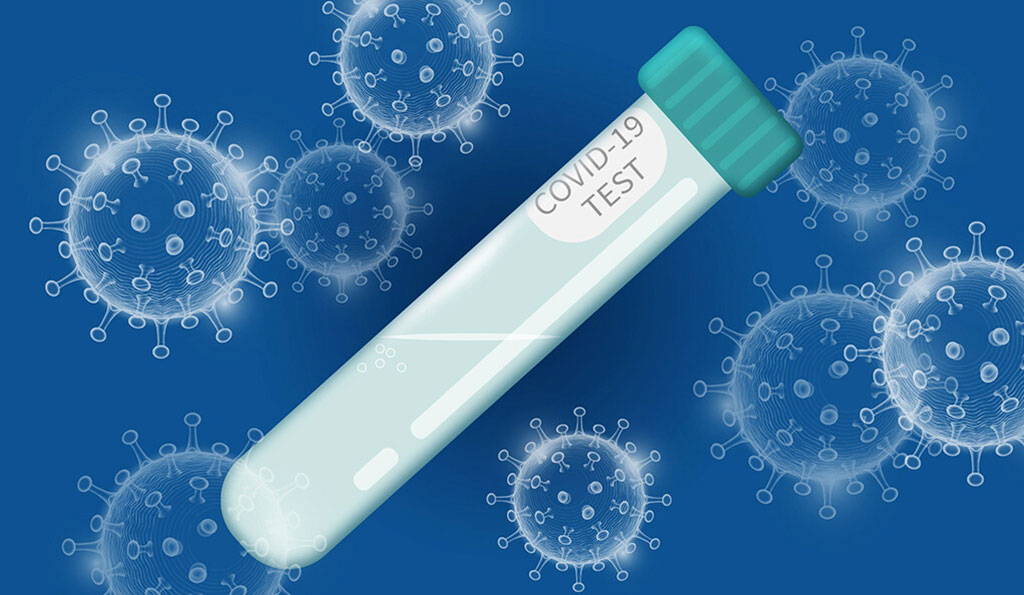New Test that Measures Antibodies in Girls Who Have Received HPV Vaccine Presented at AACC 2021
Posted on 29 Sep 2021
A new test to measure antibodies in girls who have received a vaccine for human papilloma virus (HPV), the leading cause of cervical cancer in women, was presented at the 2021 AACC Annual Scientific Meeting & Clinical Lab Expo.
Developed by scientists at the University of Energy and Natural Resources (Sunyani, Ghana), the new test could help resolve persistent challenges in healthcare for women.

HPV is one of the most common sexually transmitted viruses, and research has clearly linked HPV infections to reproductive cancers in both women and men. In particular, most cases of cervical cancer are caused by HPV infection, which means that vaccinating girls against HPV is key to preventing and eliminating this cancer. Determining how long protection from HPV lasts after vaccination could help to bolster public confidence in the vaccine and increase uptake. With this in mind, a team of scientists created a rapid, high-throughput test to detect and quantify antibodies against HPV in Ghanaian girls. The scientists validated their test with blood samples from 49 pre-adolescent girls who received a quadrivalent HPV vaccine and 40 age-matched, unvaccinated girls. The test showed that immunoglobulin G antibodies for HPV-16 and -18 (common types of HPV) were much more prevalent among vaccinated girls three years after the third dose of the vaccine compared with unvaccinated girls (63.3% vs. 12.5% for HPV-16).
“Our results provide empirical evidence that the initial antibody response is sustained even at 36 months post-vaccination and around the average age of sexual debut for African girls,” said Emmanuel Donkoh, PhD, of the University of Energy and Natural Resources who led the team. “The higher HPV-16 and -18 antibodies among vaccinated girls emphasize the need to scale-up HPV vaccination among girls in the country.”
Related Links:
University of Energy and Natural Resources














